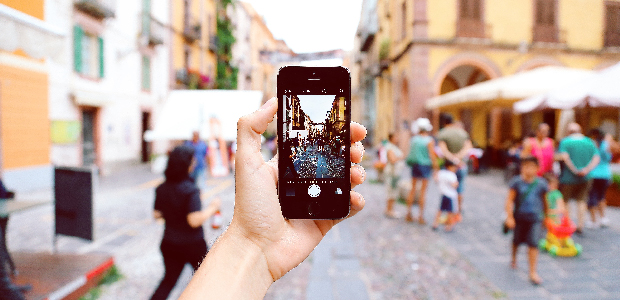
The Effects of Influencer Marketing in a Post-Covid World
The marketing space has seen drastic changes since the coronavirus pandemic began in early 2020, and marketers have had to pivot quickly to successfully navigate marketing through the great Covid crisis.
One important area that has seen shifts is influencer marketing, and the question is: how can influencer marketing continue to propel brands once the pandemic is over for good. This article will look into the effects of influencer marketing in a post-Covid world, and outline exactly how and why influencer marketing is here to stay.
What are the effects of influencer marketing in a post-Covid world?
1. Live streaming will continue to generate high engagement
As most of the world shut down in 2020 due to the coronavirus, 45% of people significantly increased their social media usage. This stat, coupled with the prominence of live streaming on all of the major social media platforms, makes it even more important for brands to consider how live streaming can be used by influencers to get people’s attention.
If brands don’t know how to create a successful live stream on social media, they might lose out on significant engagement which could then cost them sales.
2. Consumers are more savvy than we think
Carrying on from the notion of increased social media usage, consumers have had time to thoroughly research brands and how they have communicated with them throughout the pandemic. People are increasingly becoming more savvy toward brand communications and are quick to disavow companies that behave in a shady way through practices such as greenwashing or capitalising on fear.
This is important for brands because they can’t simply put out a message and expect their audience to buy into it. Rather, brands can focus on getting influencers to share their message in a more authentic way. People buy into people, and influencer marketing is at the forefront of authentic storytelling for brands that want their message to not only be heard, but trusted and actioned.
3. Social commerce is the next big thing
A thriving buzzword in the marketing sphere at the moment is social commerce, which is the ability to purchase products using social media. Tellingly, social commerce functionality has been implemented within arguably the most popular platform out there: Instagram.
Customer experiences are amplified with the introduction of social commerce, as it’s easier than ever to purchase a product directly from an Instagram post. The consumer doesn’t have to quit the app or look online to find the product - they can check out straight away.
We predict that social commerce is only going to increase as more people are glued to their smartphone screens, and brands would be wise to hop on board early with influencer marketing campaigns that can promote their products through Instagram Shopping.
4. Nano and micro-influencers race to the fore
As wars were waged over toilet roll and antibacterial hand gel, social media users became increasingly disillusioned with the luxury lifestyles exhibited by some of the biggest internet celebs.
Spurning the likes of Kim K and Co., users instead started to look a little closer to home to fill the void, and the stats speak for themselves. While mega-influencers generated an engagement rate of just 1.21%, micro-influencers boasted more than three times that at 3.86%
While mega-influencers won’t find themselves completely out in the cold in the ‘new normal’, the authenticity and increased interaction offered by their smaller counterparts and loved by their audience, are already causing brands to sit up and pay attention.
5. Social good is good on social
After a year in which the world confronted not only Covid-19 but also the ugly reality of social injustice, consumers will hold brands and influencers to a higher standard. It won’t be enough to not make any missteps, audiences will now expect the accounts they follow to play an active role in driving forward positive social change.
With 57% of both Gen Z and millennials agreeing that influencers should use their platforms to address social issues and activism, brands will need to be thorough in their research when it comes to selecting the right influencers to partner with. A misjudged Instagram post is a guaranteed disaster, but aligning yourself with an influencer who stays silent on important issues could be almost as bad.
Final thoughts
Influencer marketing is one of the most important channels to get right if brands want to succeed in a post-Covid world, and we hope that these insights have helped you see the long-lasting positive effects of influencer marketing.
Of course, it can be quite difficult to know where to start with the channel, so it’s always worth consulting with an influencer marketing agency to help guide your influencer marketing strategy.


